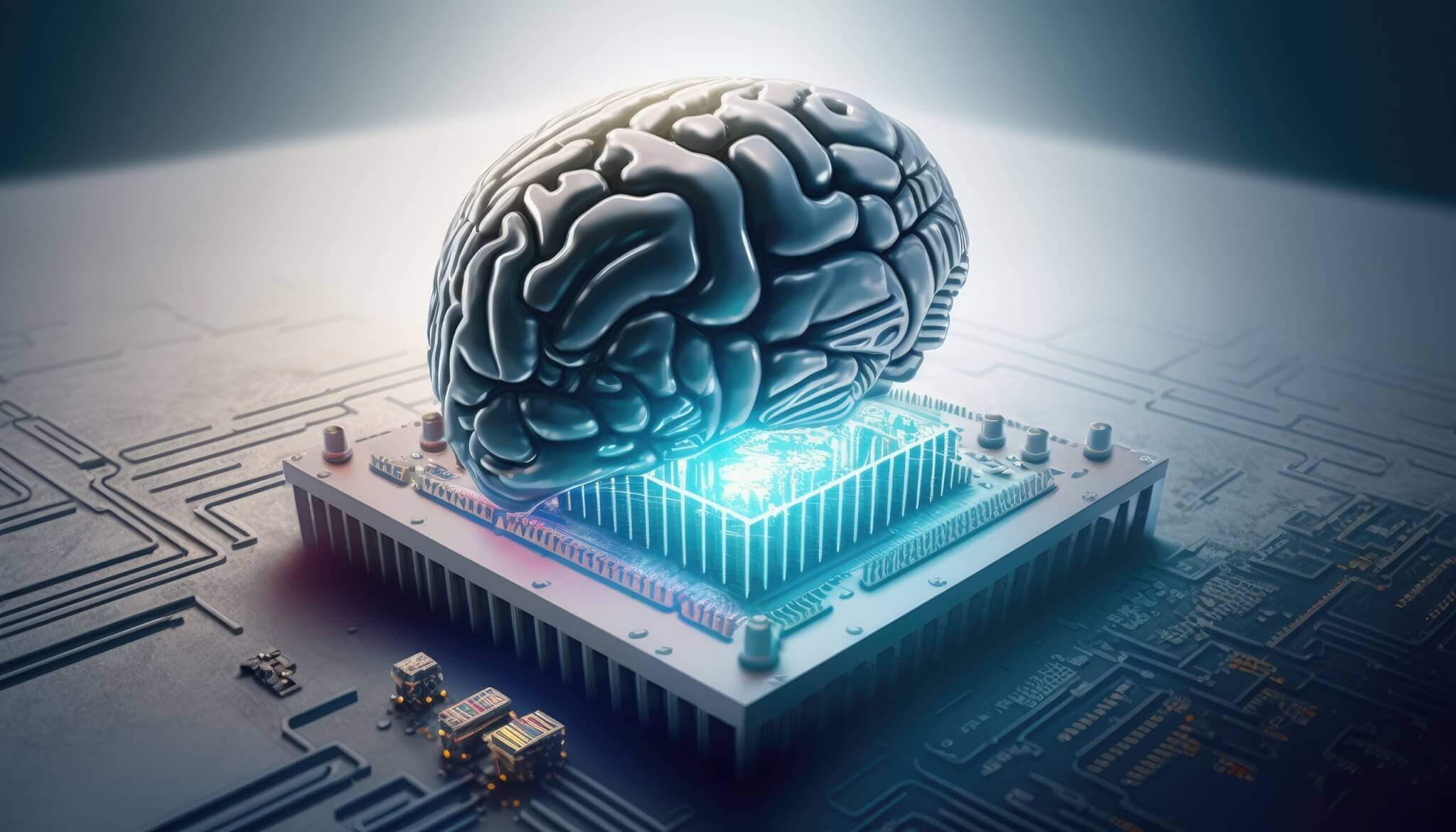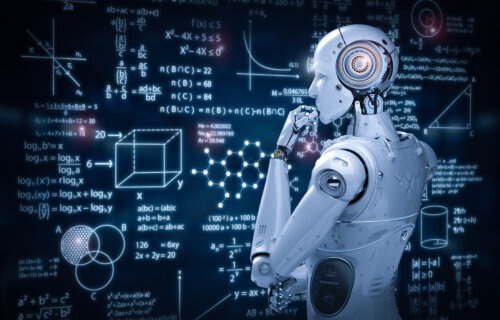Artificial intelligence has changed form in recent years. What started in the public eye as a burgeoning field with promising (yet largely benign) applications, has snowballed into a more than $100 billion industry where the heavy hitters – Microsoft, Google and OpenAI, to name a few – seem intent on out-competing one another.
The result has been increasingly sophisticated large language models, often released in haste and without adequate testing and oversight.
These models can do much of what a human can, and in many cases do it better. They can beat us at advanced strategy games, generate incredible art, diagnose cancers and compose music.
There’s no doubt AI systems appear to be “intelligent” to some extent. But could they ever be as intelligent as humans?
There’s a term for this: artificial general intelligence (AGI). Although it’s a broad concept, for simplicity you can think of AGI as the point at which AI acquires human-like generalised cognitive capabilities. In other words, it’s the point where AI can tackle any intellectual task a human can.
AGI isn’t here yet; current AI models are held back by a lack of certain human traits such as true creativity and emotional awareness.
We asked five experts if they think AI will ever reach AGI, and five out of five said yes.

But there are subtle differences in how they approach the question. From their responses, more questions emerge. When might we achieve AGI? Will it go on to surpass humans? And what constitutes “intelligence”, anyway?
Here are their detailed responses. Click on each to expand and read more.
![]() What do you think? Will artificial intelligence ever truly reach the level of intelligence as the human brain? Leave your thoughts in the comments below.
What do you think? Will artificial intelligence ever truly reach the level of intelligence as the human brain? Leave your thoughts in the comments below.
Article written by Noor Gillani, Technology Editor, The Conversation
This article is republished from The Conversation under a Creative Commons license. Read the original article.

Artificial intelligence will never reach the intelligence of human brain. What makes the human brain unique is life experiences. Those experiences can teach the brain whether they be physical, mental, emotional or spiritual. It will know as much as the input of the person(s) putting in the information.
The first law of Computing reflected the human experience. “Garbage in, garbage out.”
Artificial Intelligence is exactly the same as human/natural intelligence. Computers can no more differentiate between truth and lies than humans do. So depending on the specific set of BS that is fed (to either) the result is based on the BS.
However, artificial will be able to draw inferences and compute probable outcomes just as well or better than humans. Given the climate “data” floating around on the world’s computers, AI has concluded that the world will end at 10:35 pm on October 7 2023.
Have fun.